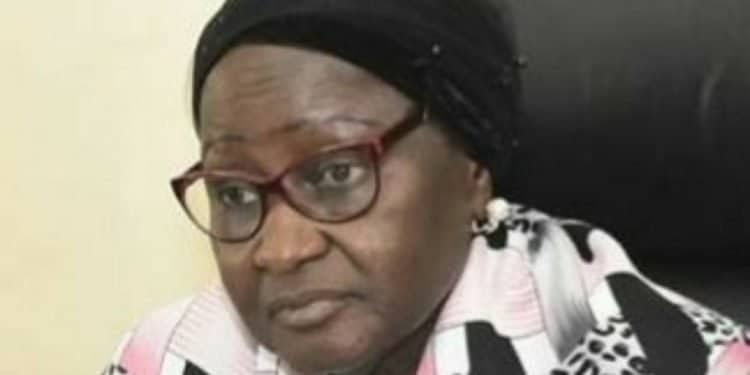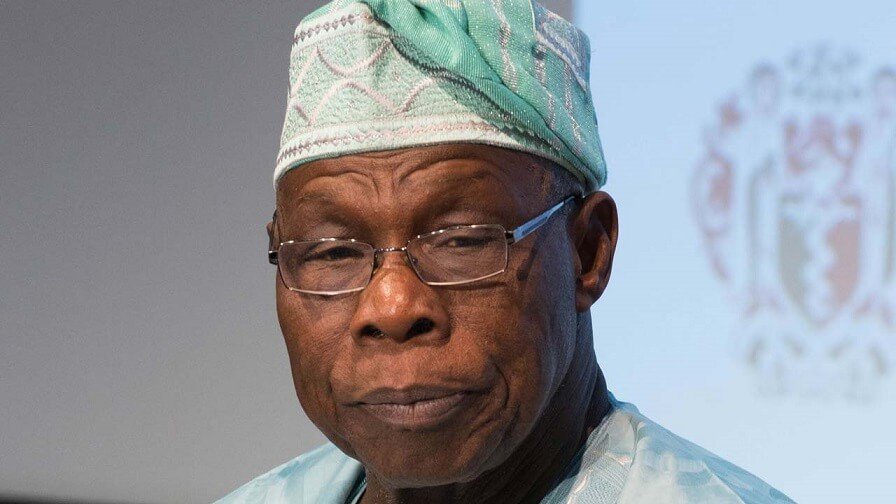The ongoing review of the nation’s federal laws – the principal Acts and the subsidiary legislation – would be completed next year, the Chairman, Nigerian Law Reform Commission (NLRC), Professor Jummai Audi has said.
Law review, Prof Audi explained, involves the periodic update of existing laws, incorporating all amendments and adaptations made since the previous revision and eliminating therefrom, all repealed, obsolete, spent and other unnecessary matters.
Prof Audi said the process, which is currently at the printing stage, would have been completed before now, but for the disruptive effect of the coronavirus and other challenges encountered by her organisation, particularly at the stage of data gathering.
The NLRC Chair spoke in Abuja on September 3, 2020 while playing host to members of the Kaduna State Law Review Committee (KSLRC), among whom were the Chairman, Aliyu Umaru and Alternate Chairman, Chris Umar (who is also the state’s Solicitor General).
Prof Audi, who debunked insinuations that the NLRC was dormant, said the agency has been busy on its mandate and urged that National Assembly to passed its pending Bills.
The NLRC Chair, who noted that Nigeria last reviewed its laws in 2004, suggested the need for lawmakers to always accommodate the people’s different belief systems, cultural values and ways of life in making laws to ensure their acceptance.
“Look at the Child Rights Act for instance. It has been around for the past 17 years now. It has not been totally accepted by the people, because their way of living was not considered.
“Some of the provisions are not indigenous to the people. It was just handed down to the people. Such indigenous ways of the people should be considered when making laws. A law becomes a law when it is acceptable.”
She cited the definition of child in the Act, which she said, did not distinguish between biological and non-biological child and their rights and entitlement within a family system.
Prof Audi gave the elated visitors insight into the functions and activities of the NLRC, which she said are spelt out in sections five and seven of the NLRC Act.
She said NLRC is generally required to take and keep under review, all federal laws with a view to ensuring their systemic and progressive development and reform in consonance with prevailing norms of the Nigerian society including, in particular, the codification of such laws, the elimination of anomalies.
Prof Audi said her agency is also required to take steps to repeal obsolete, spent and unnecessary enactment, the reduction in number of separate enactment the reform of procedural laws in consonance with the changes in the machinery of the administration of justice and generally, the simplification and modernisation of the law.
She added: “The commission monitors the laws with a view to effecting necessary changes to make them modern, fair, just and efficient to attain developmental objectives of the government and to conform with the nation’s international obligations, through constant research and analysis of the laws and public consultation.
“The commission strives to adhere strictly to the liberal democratic values contained in the Constitution such as respect for human rights, equality, justice, freedom and accountability in the performance of its function of continuous delivery of quality law reform to the nation.”
Prof Audi, who noted that her agency was currently collaborating with law review agencies of states like Lagos, Ondo, Kebbi, Niger, Abia, Ebonyi, Akwa Ibom and Cross River, assured the visitors of NLRC’s readiness to assist them in the discharge of their responsibilities.
Responding, Umaru expressed delight at the reception accorded his team by the management of the NLRC and said they were encouraged by Prof Audi’s assurance to support his committee.
Umar, who spoke in similar vein, said their visit was informed by the need to seek collaboration with the NLRC, which serves as the fulcrum of law reform/review in the country.
He said although the law setting up the KSLRC was passed in 2018, its members were inaugurated in 2019.
Umar added that although the KSLRC is currently referred to as a “committee,” its members plan to seek to have its name changed to “agency,” because “it is an independent agency of the states Justice Ministry, with its own budget.”









